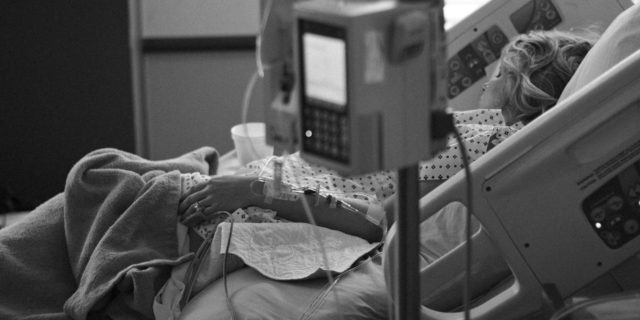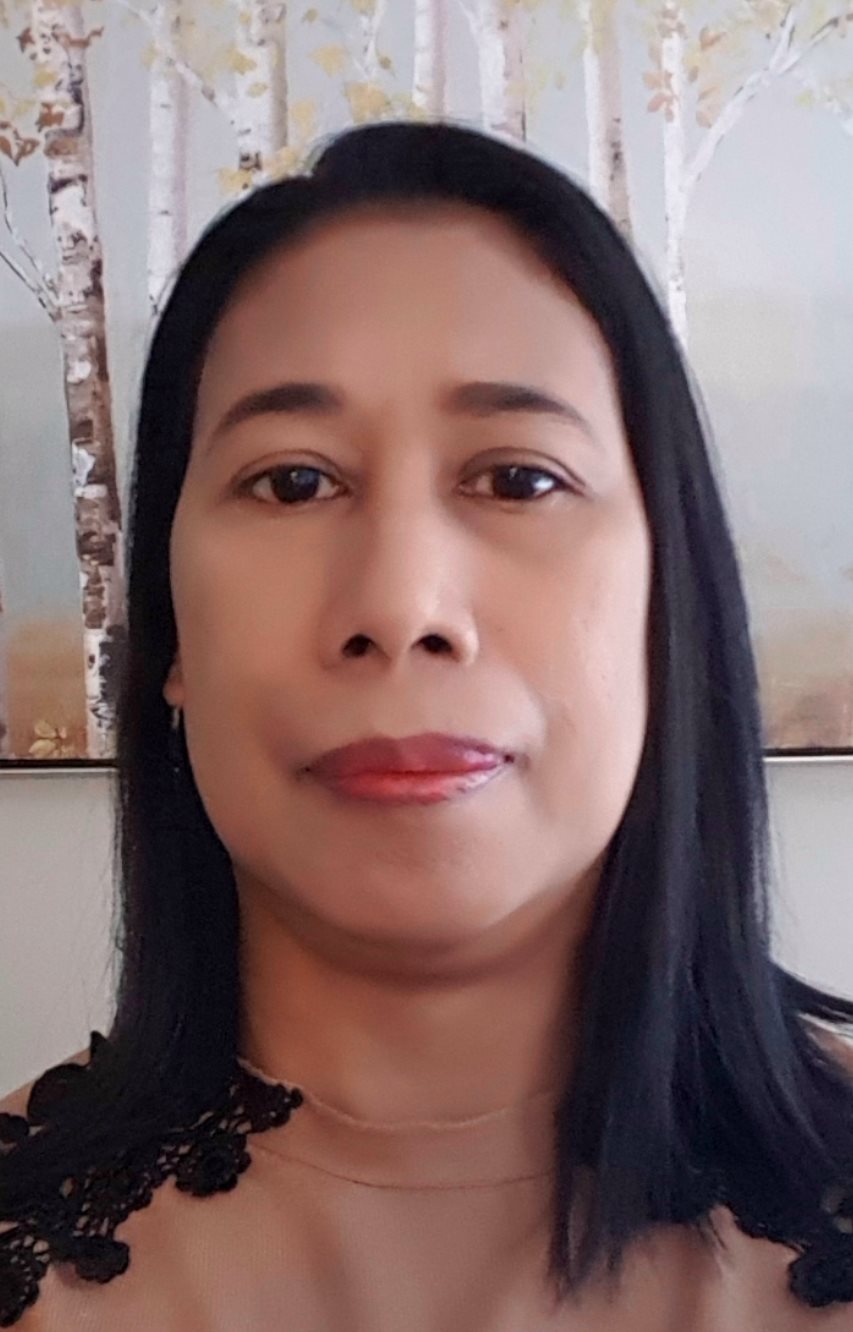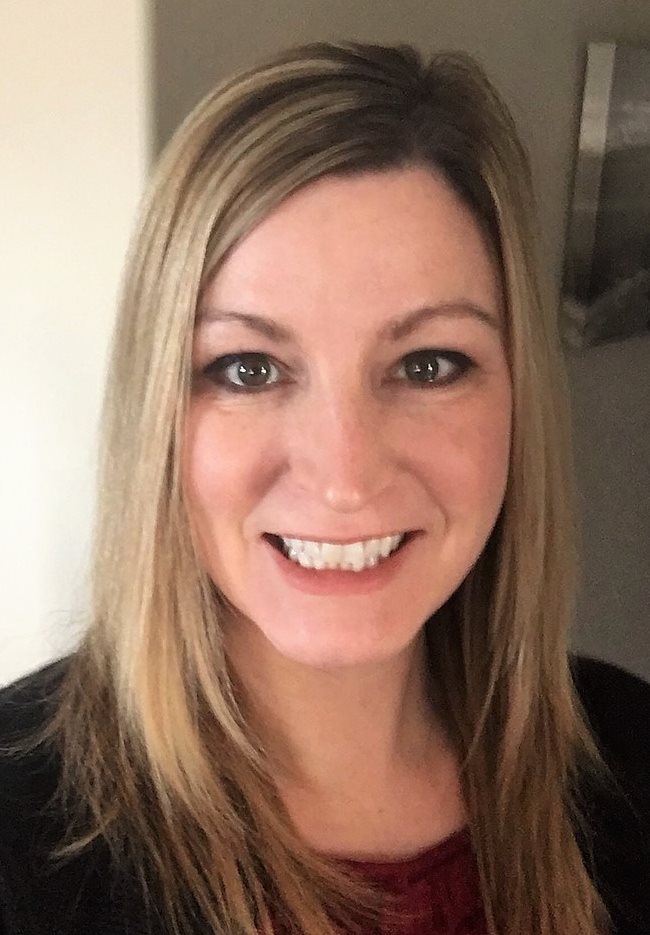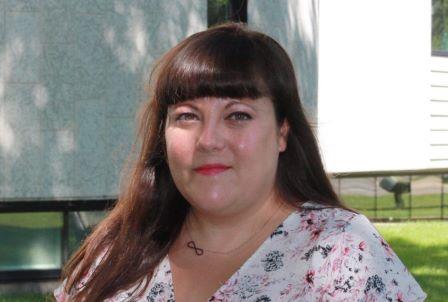
By
Nora Ahmad, Nadine Henriquez, and Panagiota Tryphonopolous
February 2020
Print Version
What you need to know
The legalization of medical assistance in dying (MAID) represents a historic change in Canadian society following the passing of Bill C-14 in June 2016. The Act’s amendments allow eligible persons to receive medical assistance in dying (MAID) under specific circumstances. The debate preceding this legislation largely focused on the perspectives of physicians and the general public. However, insight from nursing perspectives was left unexplored.
Why this research is important
There is limited research available about how nurses perceive their clinical role and responsibilities dealing with medical assistance in dying in the Canadian context.
In order to understand nurses’ perspectives about MAID and to contribute to the literature concerning MAID, this study aimed to explore registered nurses’ attitudes and philosophical perspectives of medical assistance in dying in providing care for someone choosing MAID—whether directly aiding, providing supportive care, or declining to participate. We also looked at the potential legal and psychological risks associated with MAID.
How this research was conducted
This study used a qualitative (grounded theory) approach. Twenty participants were interviewed by phone using semi-structured questions. The individual interviews were audio recorded with the permission of the participants and transcribed verbatim by trained research assistants. A synthesis technique for grounded theory data analysis was used to analyze the data. This synthesis technique was derived from the works of four grounded theorists: Kathy Charmaz, Mark Chesler, Juliet Corbin, and Anselm Strauss.
What the researchers found
We found that six themes describe nurse’s attitudes and philosophical perspectives on how participating in or declining to participate in MAID will shape their clinical nursing practice and the personal impact:
- Putting a value on human life.
- Maintaining dignity and control at the end of life.
- An easy way out of suffering and as a backup option.
- A new path of the palliative care continuum.
- Death and dying (new bereavement process).
- Ethical challenges (family against patient’s wishes, conscientious objection).
How this research can be used
Many nurses verbalized their conflicting beliefs and values and how the sacredness of human life is at the heart of tensions related to this legislation. It is important for our healthcare system and governing bodies to address current gaps and inconsistencies in the quality and availability of palliative care. Nurses also have voiced the need for the development of clear guidelines or policies on nurses’ roles in directly aiding, providing supportive care, or declining to participate in the process of MAID. This research can be used to provide education and training to ensure nurses feel comfortable, confident, and competent to engage with patients seeking MAID.
About the Researchers
Keywords
- autonomy
- dignity
- medical assistance in dying (MAID)
- nurses
- palliative care
Editor: Christiane Ramsey
Read more BU Research
Research at Brandon University follows comprehensive policies designed to safeguard ethics, to ensure academic integrity, to protect human and animal welfare and to prevent conflicts of interest.



